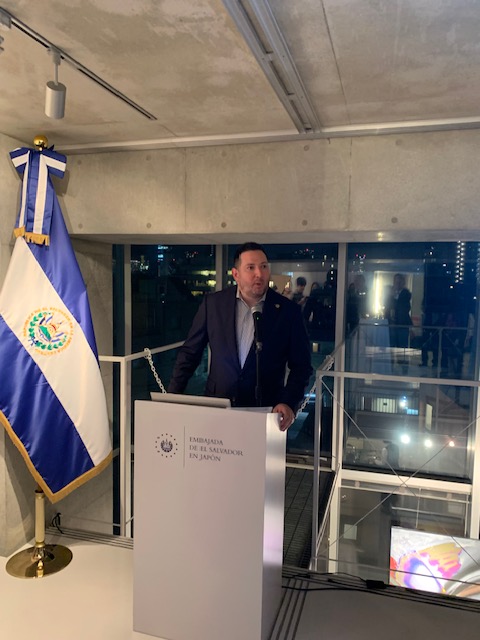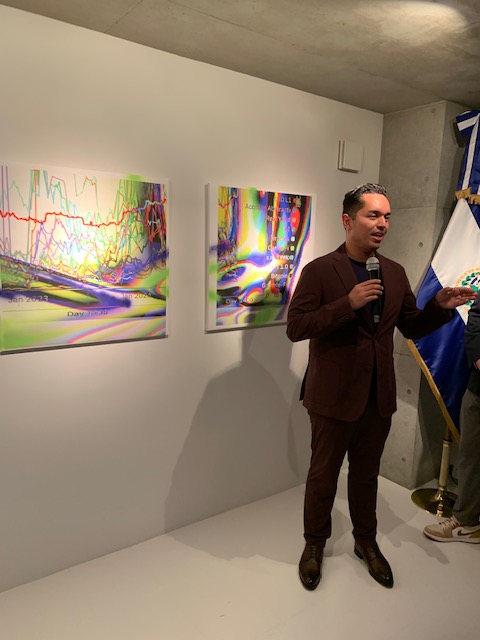The Japan Association for the Promotion of Latin America and the Caribbean (JAPOLAC) recently organized an online meeting between the Research Center for Production of Agriculture in Controlled Environment (CIPAC) and Chiba University to explore CIPAC’s advancements and discuss potential collaboration.
Established in Panama in 2021 as an Association of Public Interest, CIPAC promotes research, training, and production in controlled environment agriculture (CEA) through public-private partnerships. CIPAC collaborates with national research, educational, and innovation centers across Panama, Latin America, and the Caribbean to drive agricultural innovation. It also engages with international partners to expand CEA technologies, particularly in regions facing climate-related challenges, enhancing agricultural productivity and sustainability.
The meeting included participation of Mr. David Proenza, a CIPAC Consultant, who provided an overview of the organization’s initiatives and emphasized its commitment to building global academic and research connections. Representing Chiba University, Dr. Michiko Takagaki, a professor and former Director of the Center for Environment, Health, and Field Sciences, expressed appreciation for the insights into CIPAC’s progress, highlighting the value of collaborative research in advancing CEA technology.
CIPAC originated from academic collaborations between Chiba University and Panamanian universities, including the University of Panama and the Technological University of Panama, laying the groundwork for ongoing international cooperation in CEA.
Moderated by Dr. Ritter Díaz, Representative Director of JAPOLAC, the meeting underscored JAPOLAC’s role in fostering partnerships to promote CEA. JAPOLAC actively supports the adoption of innovative agricultural technologies in Latin America and the Caribbean, aiming to improve productivity, food security, and farmers’ livelihoods. Initiatives like these strengthen ties between Japan and Latin American and Caribbean countries, promoting sustainable solutions and encouraging agricultural resilience in response to climate change.


